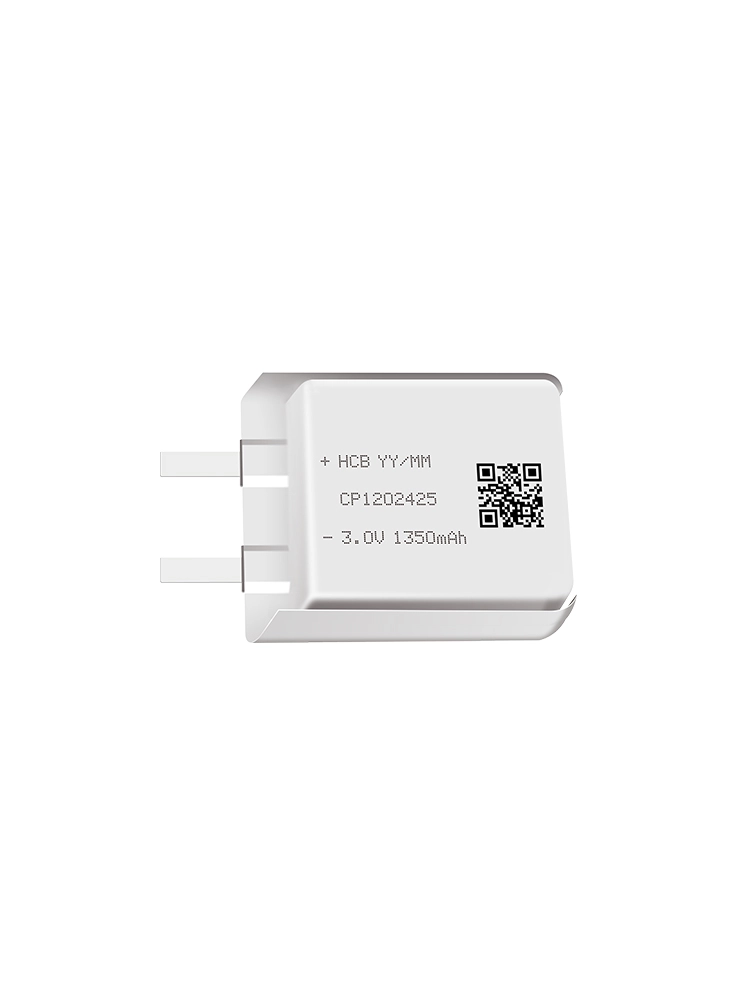In the pursuit of economy and environmental protection, the production and demand of lithium batteries have increased in recent years. Decommissioned lithium batteries are known as high-grade mines, plus the price and mining of raw materials, so the recycling value is obvious. The article also mentions some recycling processes and cases from some companies specializing in this industry.
Benefiting from the global trend of energy conservation and emission reduction and the EU carbon emission agreement, the global lithium battery market has entered a period of rapid demand development after 2018. According to Deloitte data, from 2017 to 2020, the global demand for lithium-ion batteries continued to rise, with a compound annual growth rate of 22.17%, of which the installed capacity of power batteries increased by nearly 18 percentage points. In 2020, the global demand for lithium-ion batteries will reach 279GWh, and the proportion of power batteries will reach 54.5%.
It is expected that with the continuous increase of the global electric vehicle penetration rate, the compound annual growth rate of 34.4% from 2021 to 2025 will be 34.4%.
In other words, the global demand for lithium batteries and the proportion of power batteries will increase steadily.
The raw materials of lithium batteries mainly include positive and negative electrode materials, electrolytes, separators and fluids. Among them, the cathode material is the most critical raw material for lithium batteries, including lithium carbonate and lithium hydroxide. Since 2020, the ex-factory price of battery-grade lithium carbonate has risen from the lowest US$6,502 per ton to more than US$27,093 per ton; the market transaction price of lithium hydroxide has risen from the lowest US$6,657/ton to between US$26,319-27,867/ton.
Lithium-ion batteries (LIBs) contain a large amount of valuable metals such as Co, Li, and Mn. It can be said that waste LIBs are a kind of high-grade metal ore. Lithium hexafluorophosphate is easily decomposed, and the catabolites combine with water vapor to generate hydrofluoric acid. At the same time, organic electrolytes are easily decomposed into harmful gases such as formaldehyde and ketones, which seriously threaten people's health. From the perspective of resource recovery and environmental protection, the recycling of used lithium batteries is of great significance.
As the popularity of electric vehicles began to explode, so did the used lithium-ion batteries that once powered those cars. Proper disposal of decommissioned lithium batteries can promote the development of renewable and sustainable energy.
HCB Battery Co., Ltd. is one of the few companies dedicated to the field of lithium batteries. It has a full range of lithium battery research and development capabilities and has the longest lithium battery research and development capabilities. Welcome to consult.



